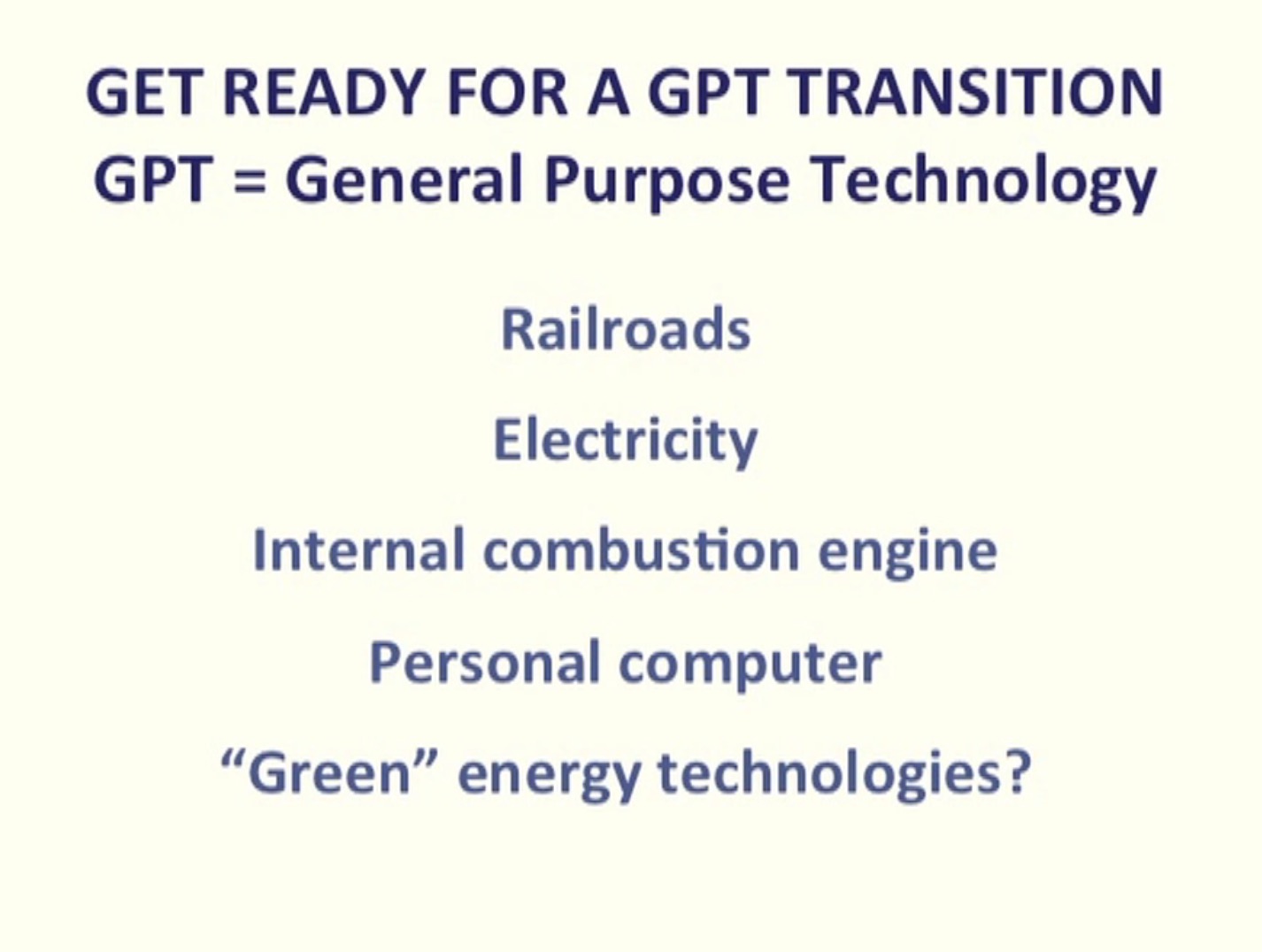tag > ClimateChange
-
Just when you think it can’t get any more surreal: NPR photo of 4 of the thousands and thousands of cooling tubes oil industry is burying in the Arctic to keep permafrost from melting so they can keep drilling. https://www.npr.org/2018/06/11/617240387/oil-industry-copes-with-climate-impacts-as-permafrost-thaws
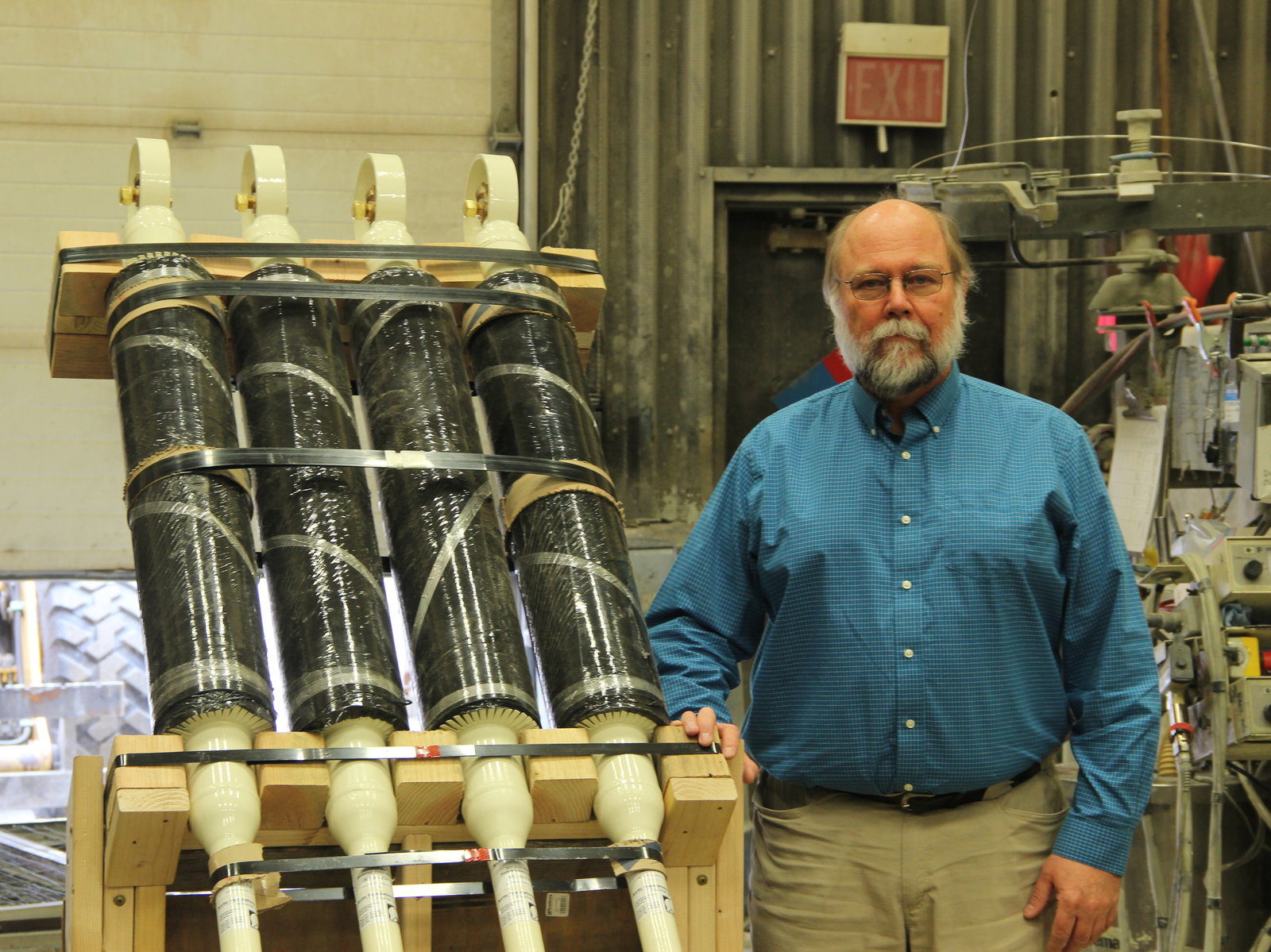
-
"IKEA makes an unprecedented commitment to only use renewable & recycled materials by 2030": http://nordic.businessinsider.com/ikea-wants-to-become-circular-climate-neutral-by-2030--/
- Ikea has set the ambitious goal to become a fully circular business by 2030.
- In an exclusive insight into the furniture group’s long-term strategy, Ikea executives reveal new details, including how the group aims to become carbon neutral by 2030.
- Ikea wants to become a global leader in adapting to megatrends such as circularity, urbanization and insecure employment.
- It's set to be one of the biggest shifts in the company’s history. -
"The Green Promise of Vertical Farms": https://spectrum.ieee.org/energy/environment/the-green-promise-of-vertical-farms "Indoor farms run by AI and lit by LEDs can be more efficient than field agriculture, but can they significantly reduce greenhouse gas emissions?"
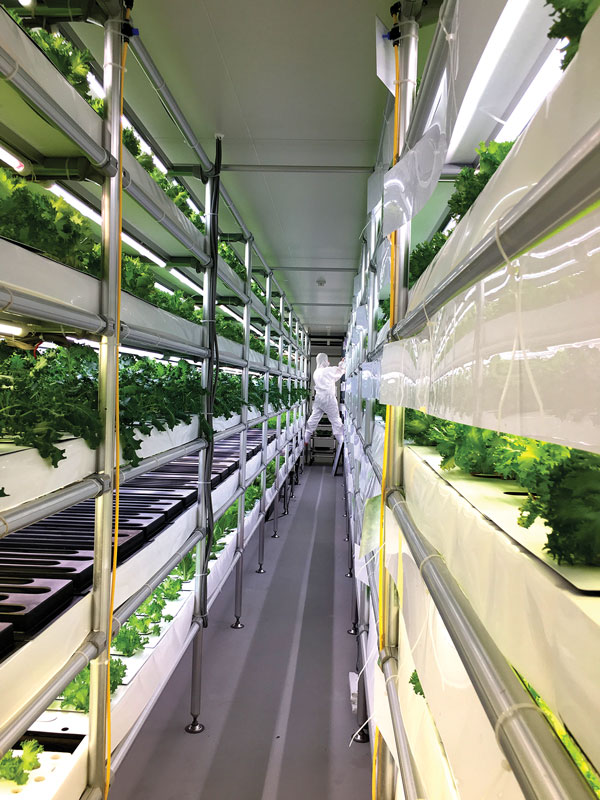
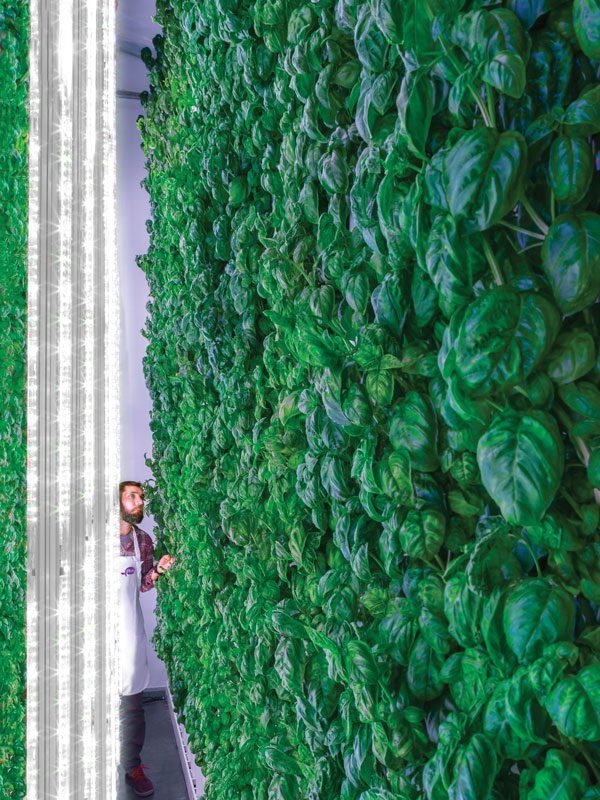
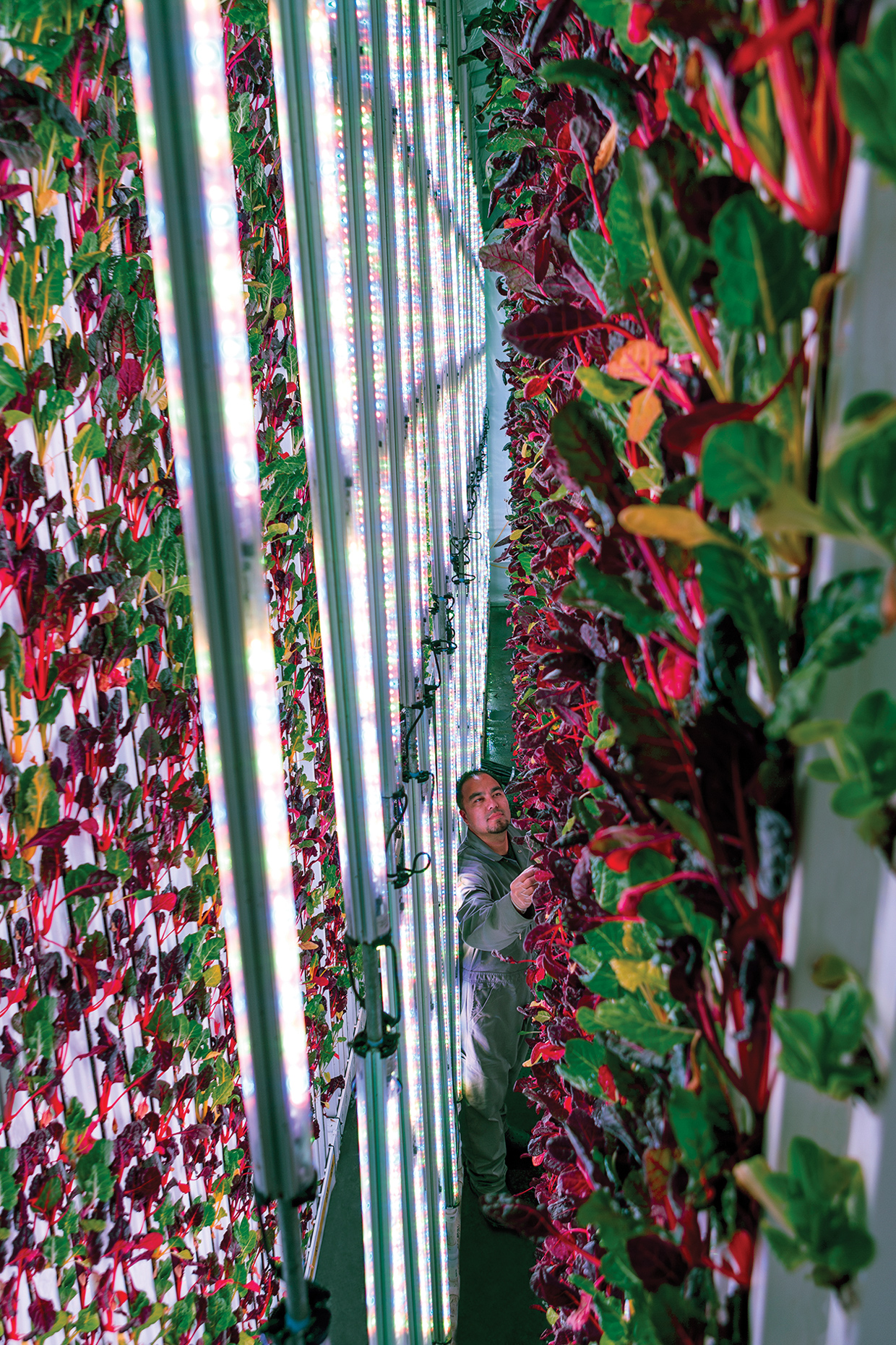
-
Fritjof Capra, The Systems View of Life:
-
Artificial Intelligence—A Game Changer for Climate Change and the Environment:
http://blogs.ei.columbia.edu/2018/06/05/artificial-intelligence-climate-environment/Artificial intelligence is helping us manage the impacts of climate change and protect the environment in many ways.
-
Psychology and the Ecological Crisis - talk by Brigitte Egger, ecologist (Dr.sc.nat.ETH):
Facing the ecological crisis, radical change is crucial. Hence we must put the psyche at centre stage––for that the outer ecological crisis has its roots and solutions in the way we think and act, that is, the inner human psyche. Join us for this unique event to explore the science of psychecology, an attempt to adapt the knowledge of the mind to the most pressing problem of today.
Facilitated by Brigitte Egger, ecologist (Dr.sc.nat.ETH) and a Jungian training and supervising analyst at ISAP, with a private practice in Zürich. Brigitte explores the psychic and symbolic dimensions of collective issues and works at introducing this dimension into practical environment protection, thus building up the field of psychecology. She is interested in creativity at large and in lively ways to communicate depth psychological insights. -
David Abram is an interesting man: https://www.humansandnature.org/david-abram
-
@vakibs tweets: "Who is interested in planting trees ? And growing gardens ? And welcoming wild life to settle down, so that in 100 years time, we can build a forest that can save our planet ?
To which someone replied: "I know that it was a rhetorical question but i thought that a real answer will do more justice to the question."
@vakibs: It is not a rhetorical question. I am asking for people: Who is interested in building a longterm computing culture? Please learn from the history of AI (both artificial intelligence & augmented intelligence), know who else is working on these projects, and team up for 100 years"
My reply: "Who is interested in building a long-term computing culture?" ← good question. Who is interested in building a regenerative global culture, where computing is used in service life, and not the other way around?
-
Doughnut #Economics by Kate Raworth - VPRO #Documentary (2017)
In Doughnut economics by Kate Raworth, we see that markets are inefficient and growth is not the holy grail. It's time for a new economics model: the doughnut economics. Kate Raworth's plea for the 'doughnut economics' casts doubt on the credo of economic growth for sustainability: there are hard limits to what you can do to the planet. Kate Raworth's doughnut economics could change our future. Let's have a look.
Book: Doughnut Economics: https://www.amazon.com/Doughnut-Economics-Seven-21st-Century-Economist/dp/1603587969/
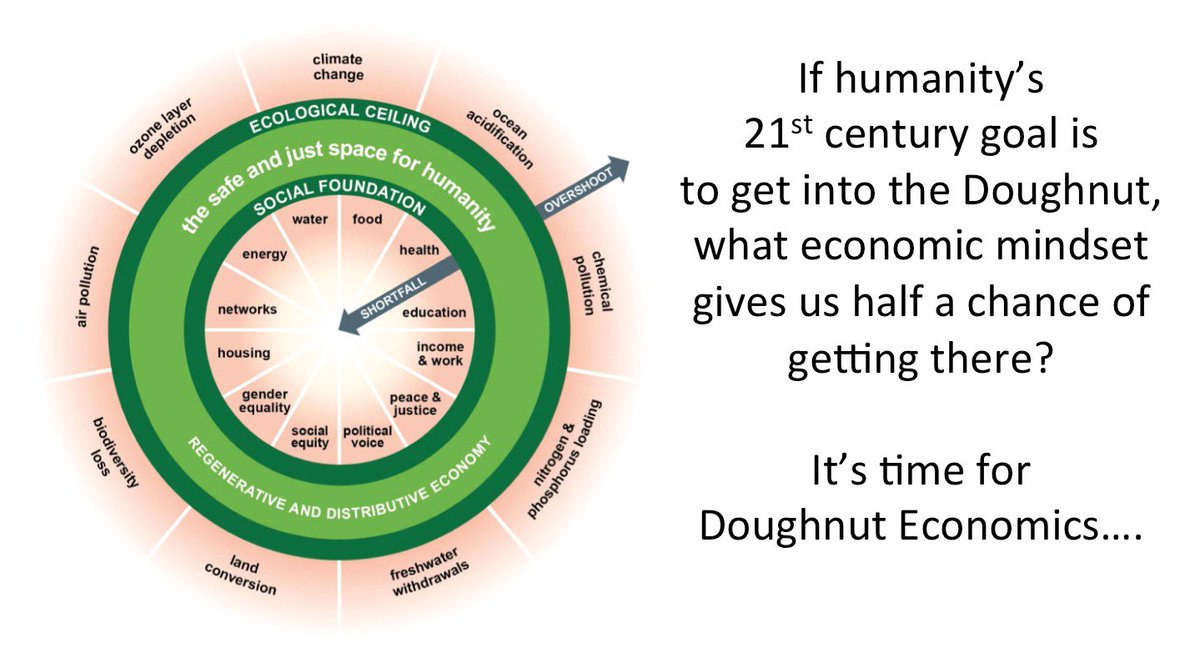
-
"Steven Pinker’s ideas are fatally flawed. These eight graphs show why":
https://www.opendemocracy.net/transformation/jeremy-lent/steven-pinker-s-ideas-are-fatally-flawed-these-eight-graphs-show-why
-
Real Value - #Documentary about #Economics, Sustainability & Social Entrepreneurship:
-
"From Sustainability through Regeneration: Whole and Living System Design" - by Bill Reed:
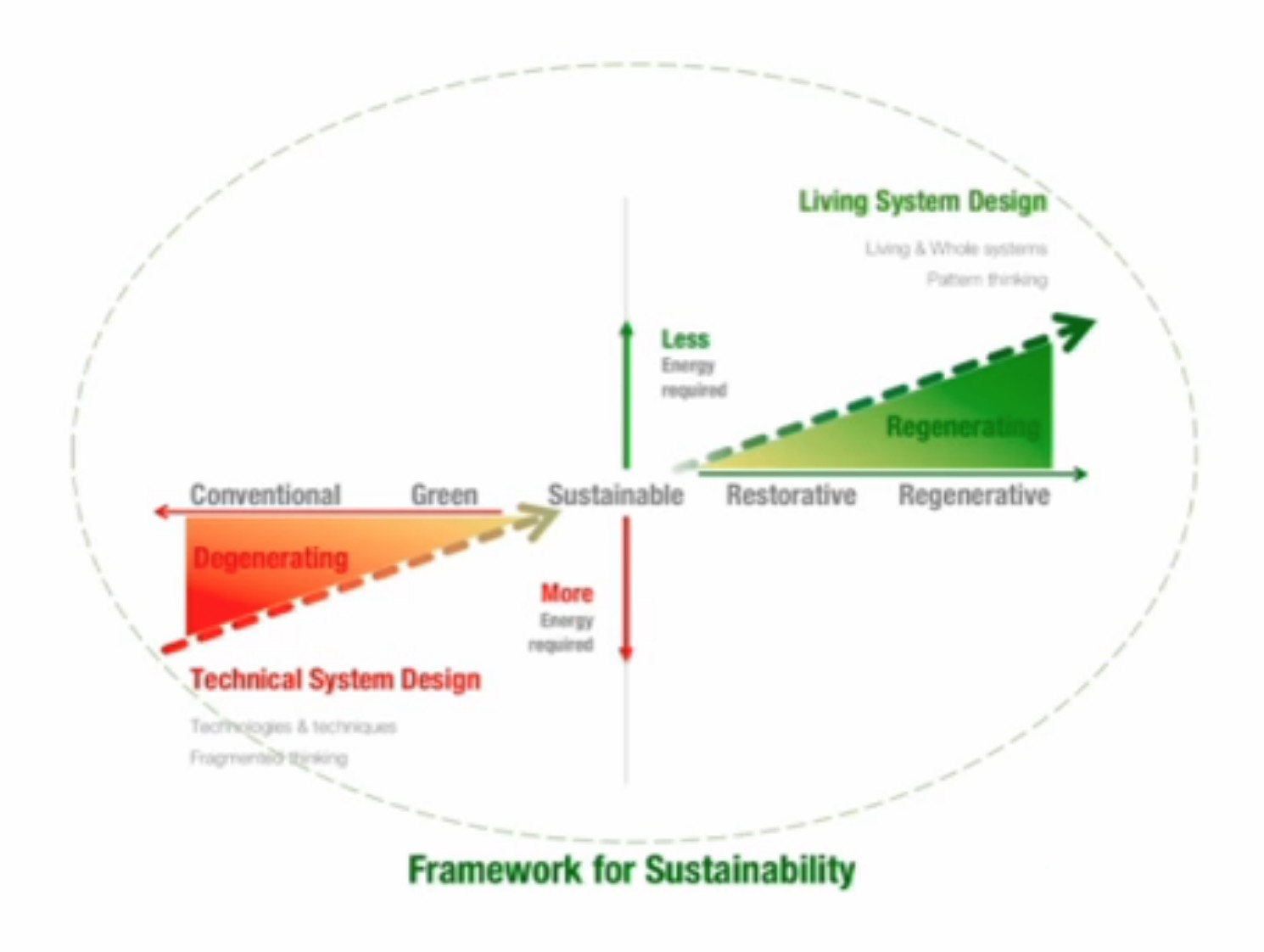
"The biggest leverage points (to deal with climate change) are hope and love - not guilt. So how do we fall in love? We date someone. So let's start dating nature. That which we are in love with we take care of." - Bill Reed
"Life is a process of becoming." - Bill Reed
"Now is the time for us to grow, not just ever-larger and ever-more-consuming, but ever more intelligent, more creative, and more conscious. We are headed into the future. Are you coming with us?" - Bill Reed
"The process to engage people in a community around that which they love or care for." - Bill Reed
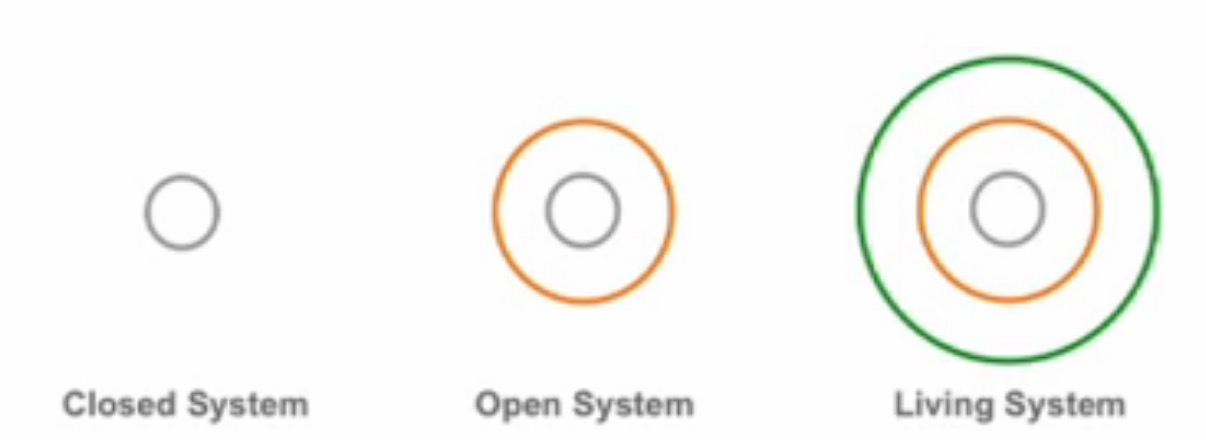
Follow up links:
Designing Regenerative Cultures - article by Daniel Christian Wahl:
https://www.permaculture.co.uk/articles/designing-regenerative-culturesLiving Buildings for a Living Future - talk by Jason McLennan:
"How do we produce buildings that are not bad for the enviroment, but are good for the envorment? Why can't we do these things, that nature does?"
- Jason McLennan -
"Regenerative (R)evolution: reclaiming humanity’s oneness with nature" - by @DrDCWahl:
https://medium.com/insurge-intelligence/regenerative-r-evolution-f1058a975e96"Scales of Regenerative Design"
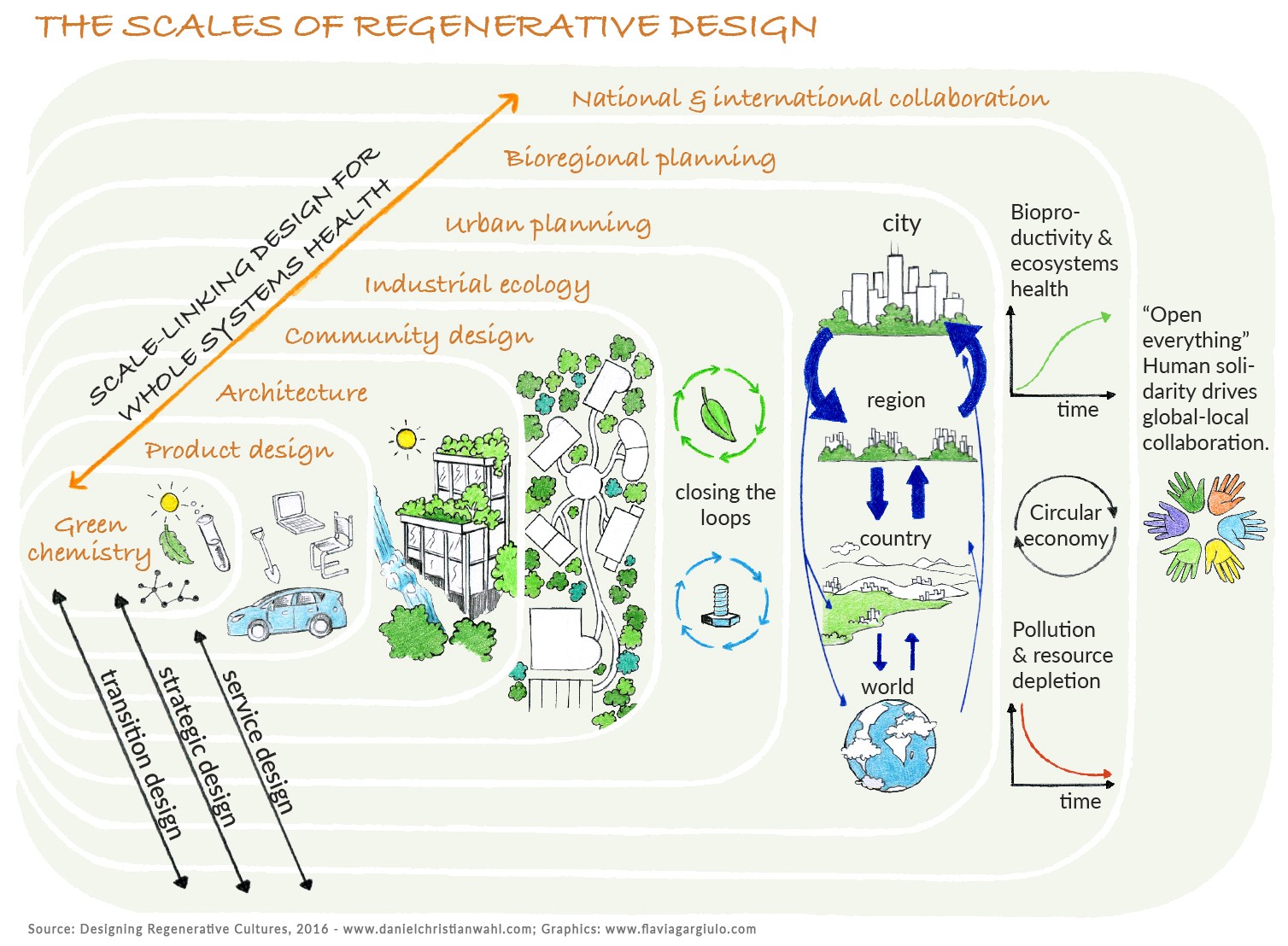
"The Regenerative Design Framework" - adapted from Bill Reed, by @DrDCWahl.
A worthy challenge is to think through how this applies to our digital tools & processes (AI, Web, etc.) - towards truly regenerative and ethical technologies.
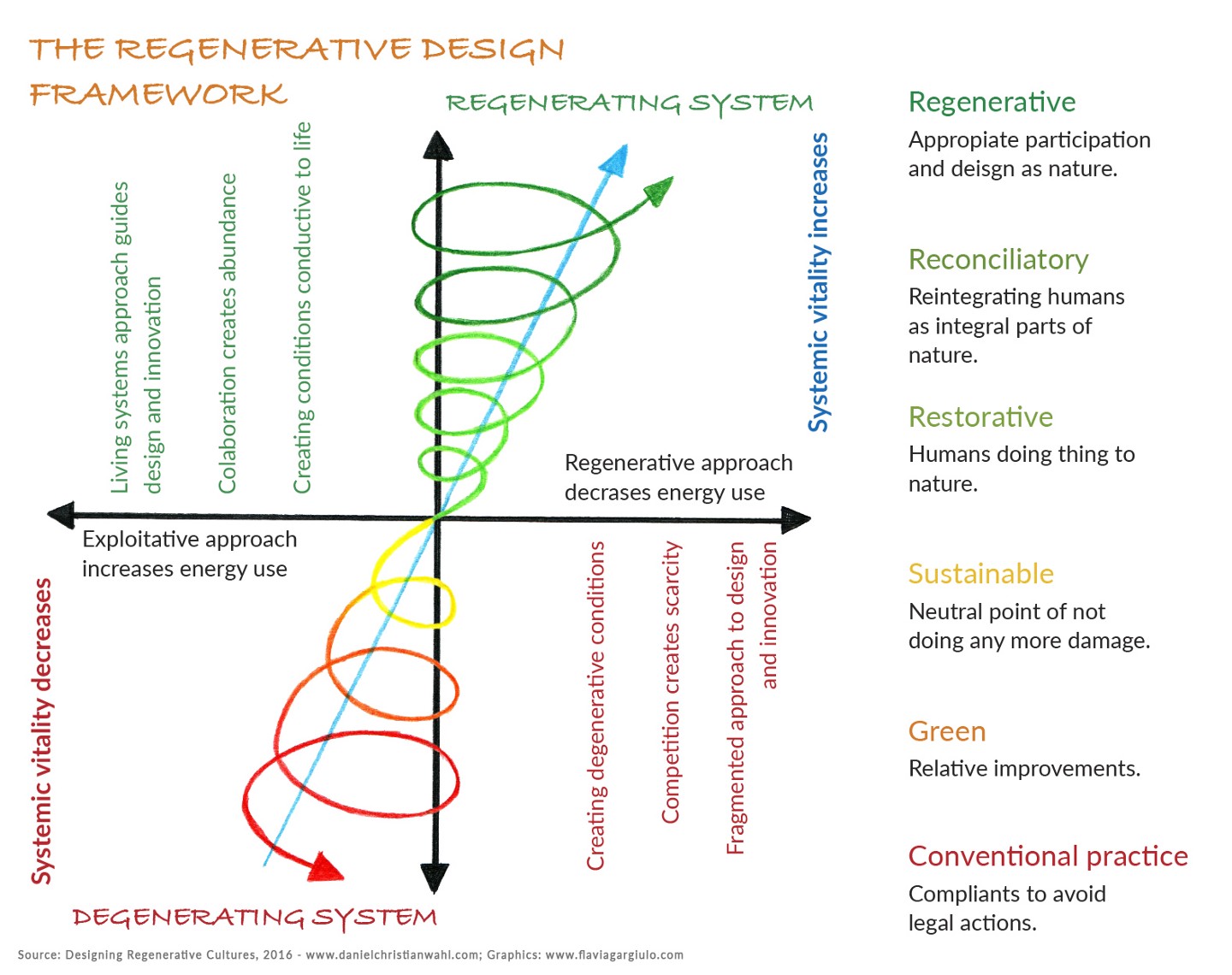
“To make the world work for 100% of humanity in the shortest possible time through spontaneous co-operation without ecological offense or the disadvantage of anyone.” - Our global challenge, as outlined by Buckminster Fuller.
For anyone interested to learn more on the topic of Regenerative Design, I recommend the book "Designing Regenerative Cultures" by @DrDCWahl: https://www.triarchypress.net/drc.html https://www.amazon.com/Designing-Regenerative-Cultures-Daniel-Christian/dp/1909470775/ref=cm_wl_huc_item and this webinar: https://samim.io/p/2018-06-06-regeneration-a-webinar-with-fritjof-capra-simon-robin/
-
From Sustainable to Regenerative Design:
-
Global civilisation to descend into ‘hell on earth’ unless we choose a new paradigm:
https://medium.com/insurge-intelligence/global-civilisation-to-descend-into-hell-on-earth-unless-we-choose-a-new-paradigm-e516811317a4 -
On the power of narratives. Video of the day.
-
Regeneration: A Webinar with Fritjof Capra, Simon Robinson and Daniel Christian Wahl:
Transformative Change, Sustainability and Regeneration:
Follow up links: https://transitionconsciousness.wordpress.com/2017/07/12/discussing-the-earth-charter-regeneration-and-meaningful-disturbances-with-fritjof-capra/
Regenerative design: https://en.wikipedia.org/wiki/Regenerative_design
"Designing Regenerative Cultures" - book: https://www.triarchypress.net/drc.html
-
Great reply by @nntsn on the question "how can machine learning help with climate-change related issues:
Most environmental issues are fundamentally policy issues that currently are poorly tackled because of socio-economical and political reasons. To me it's unclear whether ML can (or should) fine-tune policies that struggle to even be brought up to legislators / the public.
If so, we should use ML to make a _better_ case for tackling such issues. Maybe we should chat with the orgs involved in lobbying policymakers and provide data analysis tools to strengthen their cases. Would be great to have a joint workshop on this at NIPS/ICML/AAAI/IJCAI.My reply:
Well said & agree. Would love to participate in a new virtual conference (airplane travel wrong symbol) focused on the topic of Flora-Fauna-Human-Computer-Interaction (FFHCI) - Bringing together CS,ML,HCI people with NGOs, activists & policy makers to discuss climate change challenges & solutions.
-
SustainableBrands: "The bridge to better brands": http://www.sustainablebrands.com/
Sustainable Brands is home for the global community of business innovators who are shaping the future of commerce world wide. Since 2006, our goal has been to inspire, engage and equip today's business and brand leaders to prosper for the near and long term by leading the way to a sustainably abundant future.

